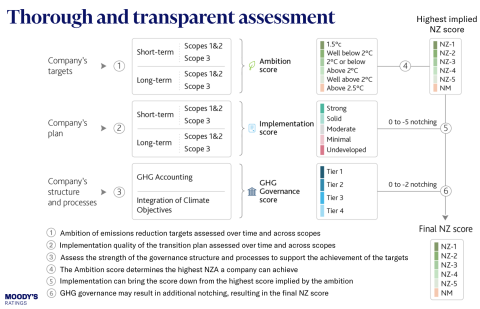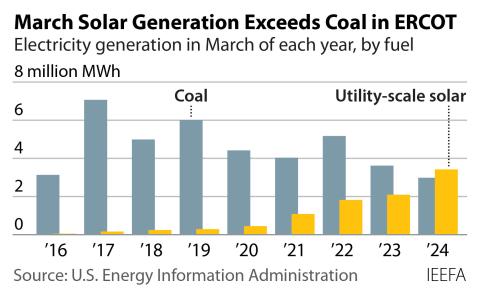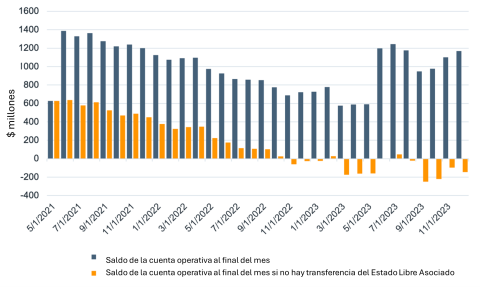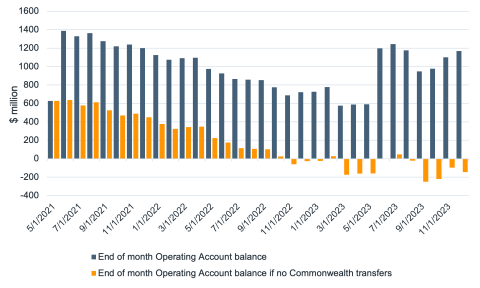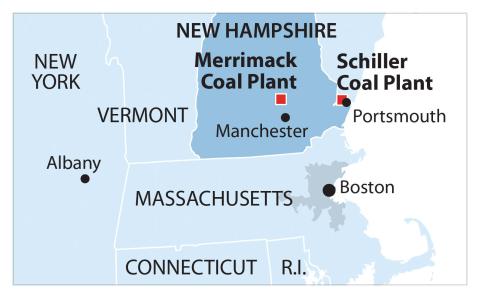IEEFA comments to the Federal Energy Regulatory Commission (FERC) on new fossil gas pipelines
Download Full Version
Key Findings
The Federal Energy Regulatory Commission (FERC), which is responsible for deciding whether to certify proposed interstate gas pipeline projects for construction, has been basing its pipeline necessity determinations on the applicant’s business contracts rather than on an independent analysis of actual energy needs or the public interest. In doing so, it neglects to analyze the sweeping energy market changes that should inform its decisions.
Executive Summary
FERC has invited public comment on its guideline for deciding whether an interstate pipeline project qualifies for a “Certificate of Public Convenience and Necessity” under the Natural Gas Act. The current policy allows FERC to rely solely on precedent contracts between a pipeline owner and a utility or other receiver to justify the need for a pipeline to be built. IEEFA’s report— FERC’s Failure to Analyze Energy Market Forces—details how over-reliance on the mere existence of business contracts for gas prompts FERC to approve pipelines that don’t make financial sense for the public and investors.
Press release: FERC neglects energy needs in pipeline decisions






